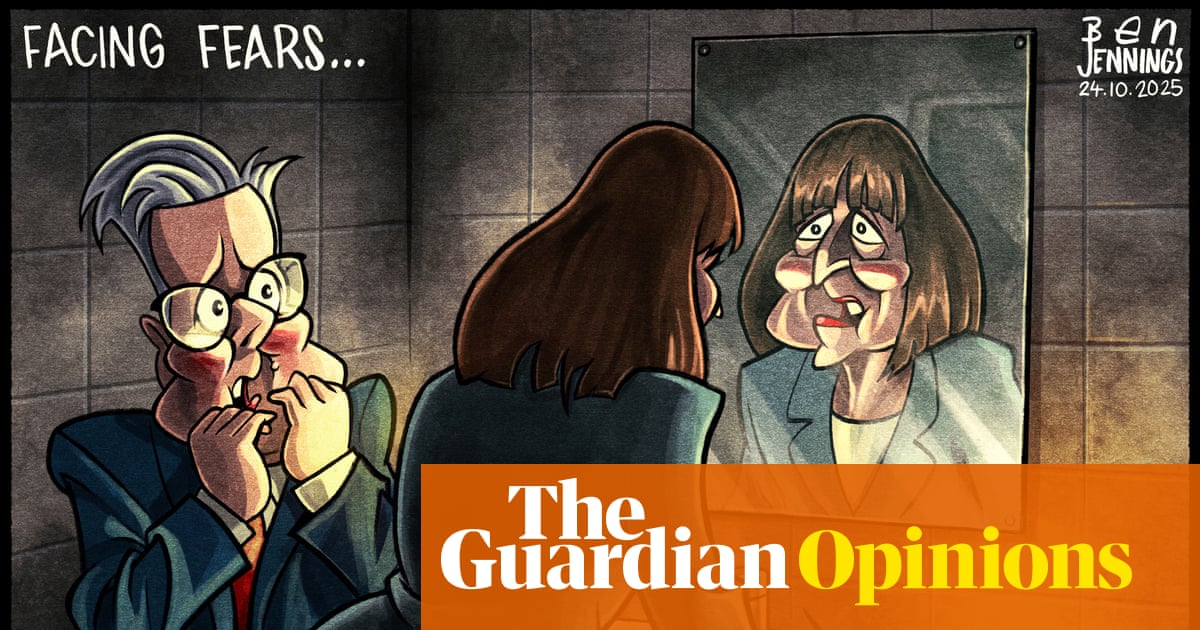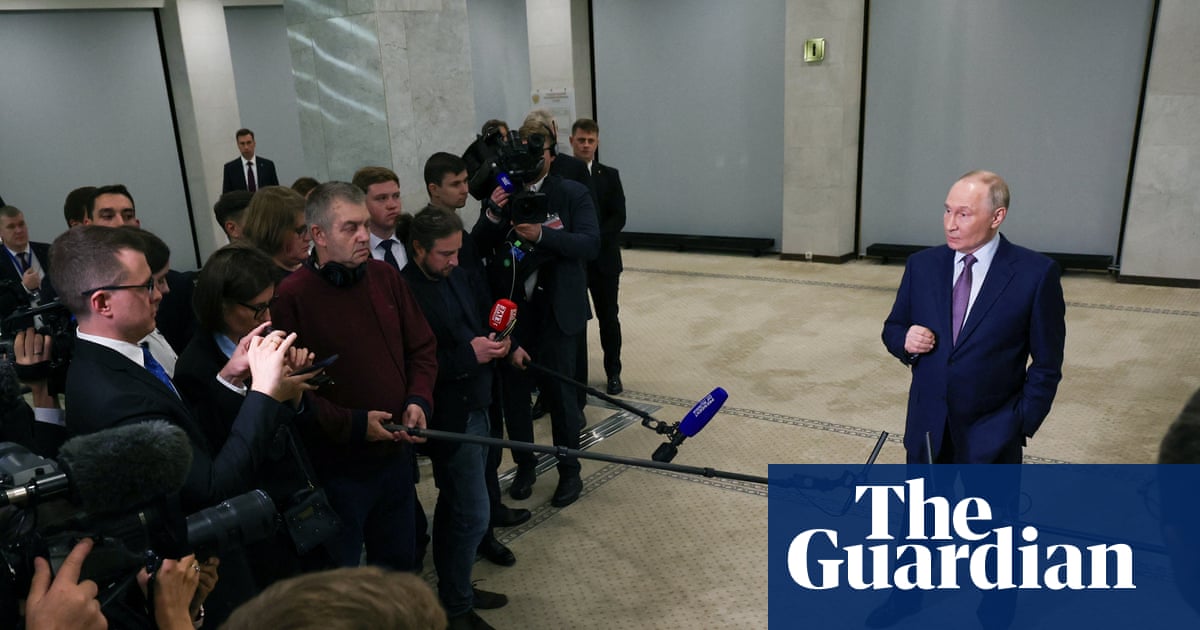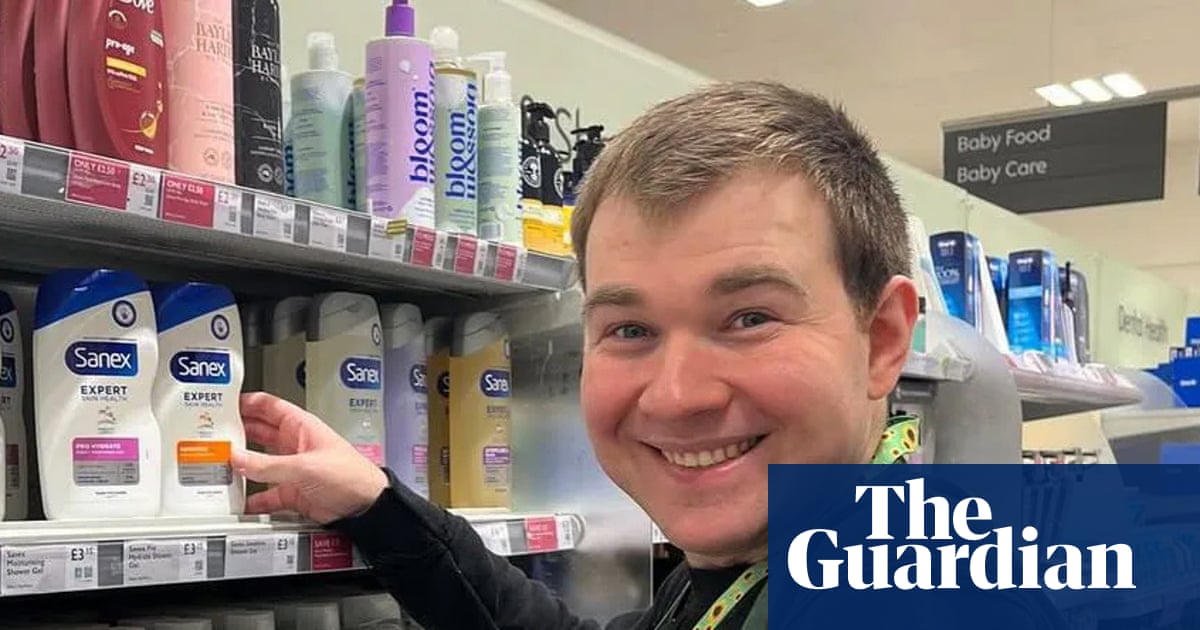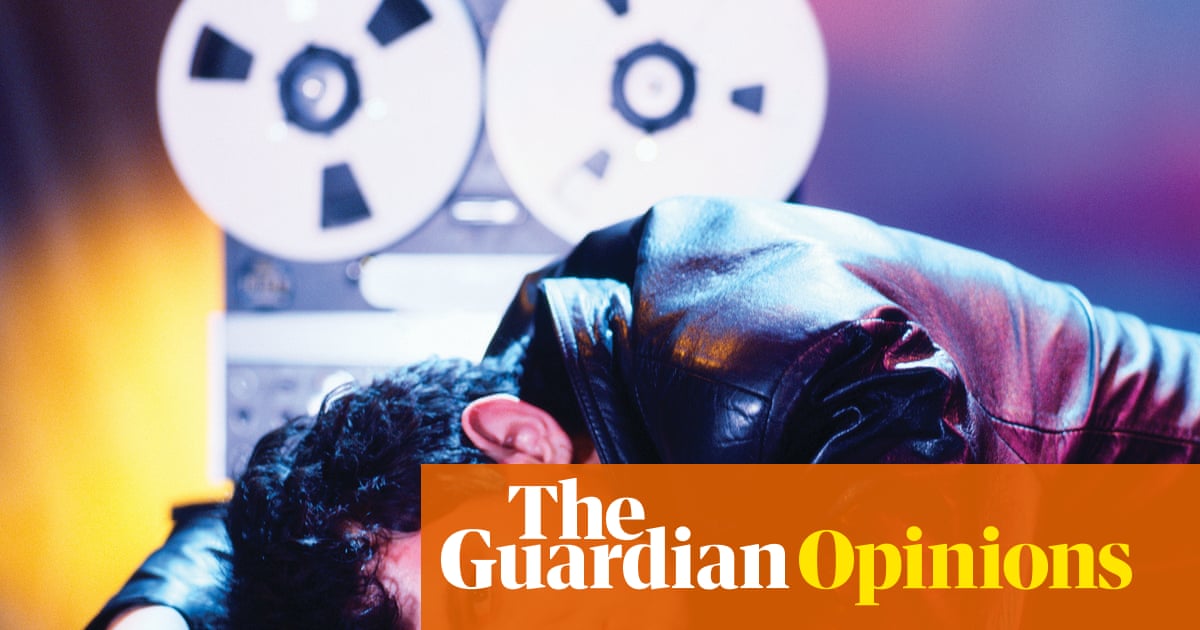When the Guardian’s Helen Pidd told a young interviewee in Morecambe recently that Blur had once played there, the reaction was incredulity: “No way. They came to Morecambe? Wow, imagine that.” The town’s seafront Dome venue closed 15 years ago. But this is not the only reason why the Lancashire town has dropped off touring schedules. A trend that sees live music increasingly concentrated in big cities means that it has become less accessible to musicians and audiences who don’t live in them.
A combination of factors, including the pandemic, rising energy costs and disputes over noise, has left many smaller, independently owned venues struggling – or even forced to close. In 2023, a net total of 125 across the UK were lost. Festivals, with their temporary stages and pop-up campsites, have also become sparser. Between 2019 and 2024, 161 shut up shop.
At the top end of the market, it is a different story. While the number of stops on the typical tour has shrunk, profits from the arena and stadium spectaculars that turn cities into temporary fan conventions are booming. In 2023, live music revenue in the UK was a record £1.63bn. Manchester’s new arena will soon be joined by others in Bristol and Cardiff.
This stark divergence between the fortunes of the biggest stars and corporations, and the struggling grassroots gives force to arguments made by the Music Venue Trust, which champions small venues. It calls them “the R&D division of the entire industry”. Last year, MPs on the culture select committee agreed and gave their support to a scheme that adds a £1 levy to big-venue tickets – with funds distributed among smaller ones.
Such places should not be valued solely for their role in nurturing future superstars. Live music has an intrinsic value and venues can be part of a town’s identity. A scheme to put them into community ownership has had striking success, with five secured so far and fundraising under way for nine more.
Issues with the music industry’s pipeline go beyond reduced access to gigs, and include cuts to music education as well as youth clubs. Up-and-coming performers also need access to studios. Meanwhile, the ticket inflation that puts concerts out of reach for some is linked to the upheaval in industry finances brought about by streaming – which has made artists more reliant on touring. Recent years have seen growing concerns around pricing models, resales and the enormous power wielded by two companies – Live Nation Entertainment (which owns Ticketmaster) and AEG (whose ticketing arm is AXS). In the US, Live Nation is facing an antitrust case brought by the government.
So far, Live Nation has declined to throw its weight behind the UK’s £1 levy project. MPs as well as artists should apply pressure in any way that they can. The scheme’s backers are right to push for the industry’s behemoths to take more responsibility for those lower down the chain. The levy will not solve every problem. Nor should it be seen as an alternative to public funds – the decision by Arts Council England last month to fund a new, grassroots-led music festival is also worth celebrating. But those in the industry who are trying to do something about its top-heavy shape should be supported. Live music in more places would be a good thing.

.png) 5 hours ago
4
5 hours ago
4

















































